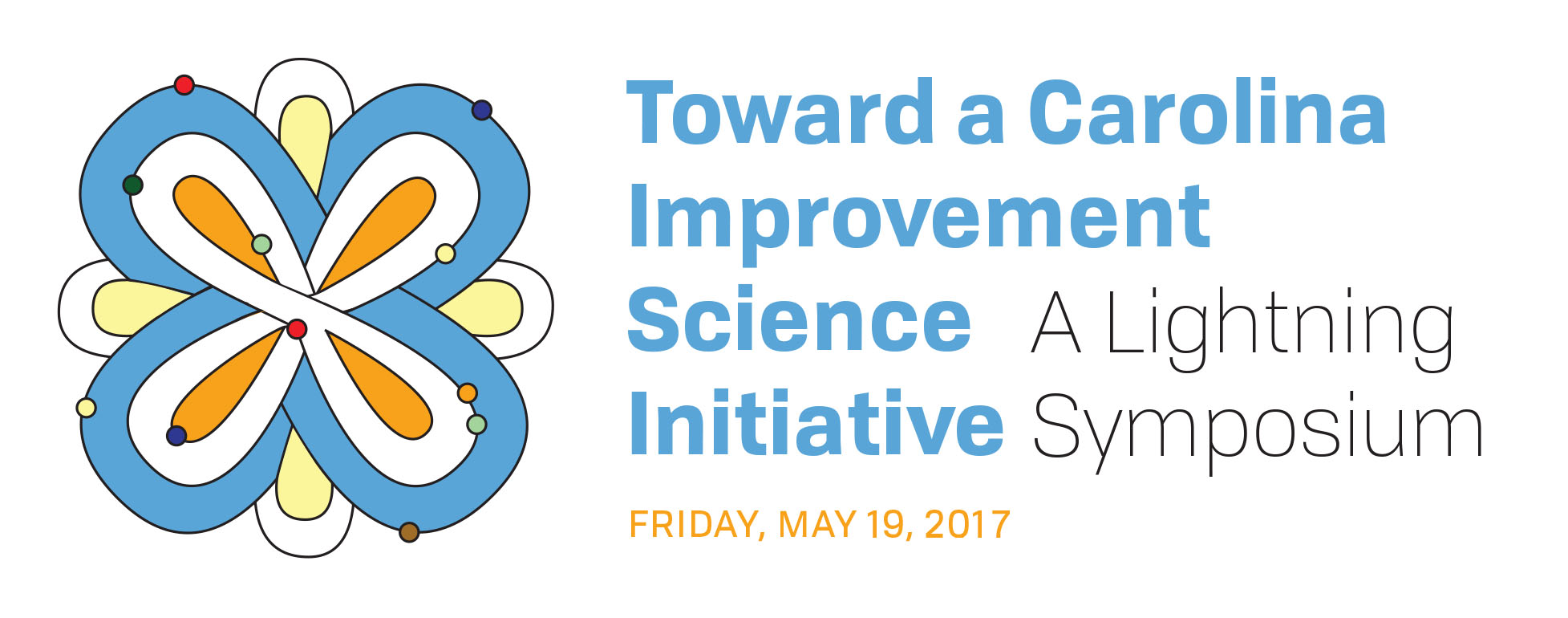Steve Knotek, School of Education
The past decade has seen increasing concern about what is known as the “science to service gap.” As public schools, service organizations and other large systems of care have spent considerable sums on promising innovations it has been documented that the effectiveness of interventions in the lab where they were developed is not often replicated when they are applied to actual service settings. A central issue is that programs are tested in ideal settings with the support of the intervention’s developers. If a program is transferred from the university to the service setting without proper professional development and other implementation structures in place the innovation is pre-destined to be less effective – with at best a 5% transfer of new skills and practices to the work environment. The application of evidence-based “competency drivers” during implementation can increase effective adoption of an innovation to 95%. Implementation coaching is the core competency driver. This presentation describes a coaching framework specifically developed for use in innovation implementation. The framework is based upon research from both implementation science and systems-level consultee-centered consultation. Critical components of the framework include working alliance, situated professional development, innovation configuration, systems change, time/structure/accountability, and management of role change. At the organizational level, implementation coaching helps drive the systemic alignment and facilitative administration needed to champion an innovation through supportive policies and application of adequate resources. For the end-users, coaching provides a framework and process that allows them to acquire the knowledge and skills needed to effectively implement an innovation.
